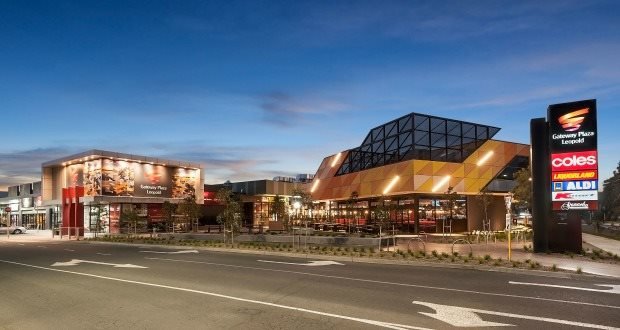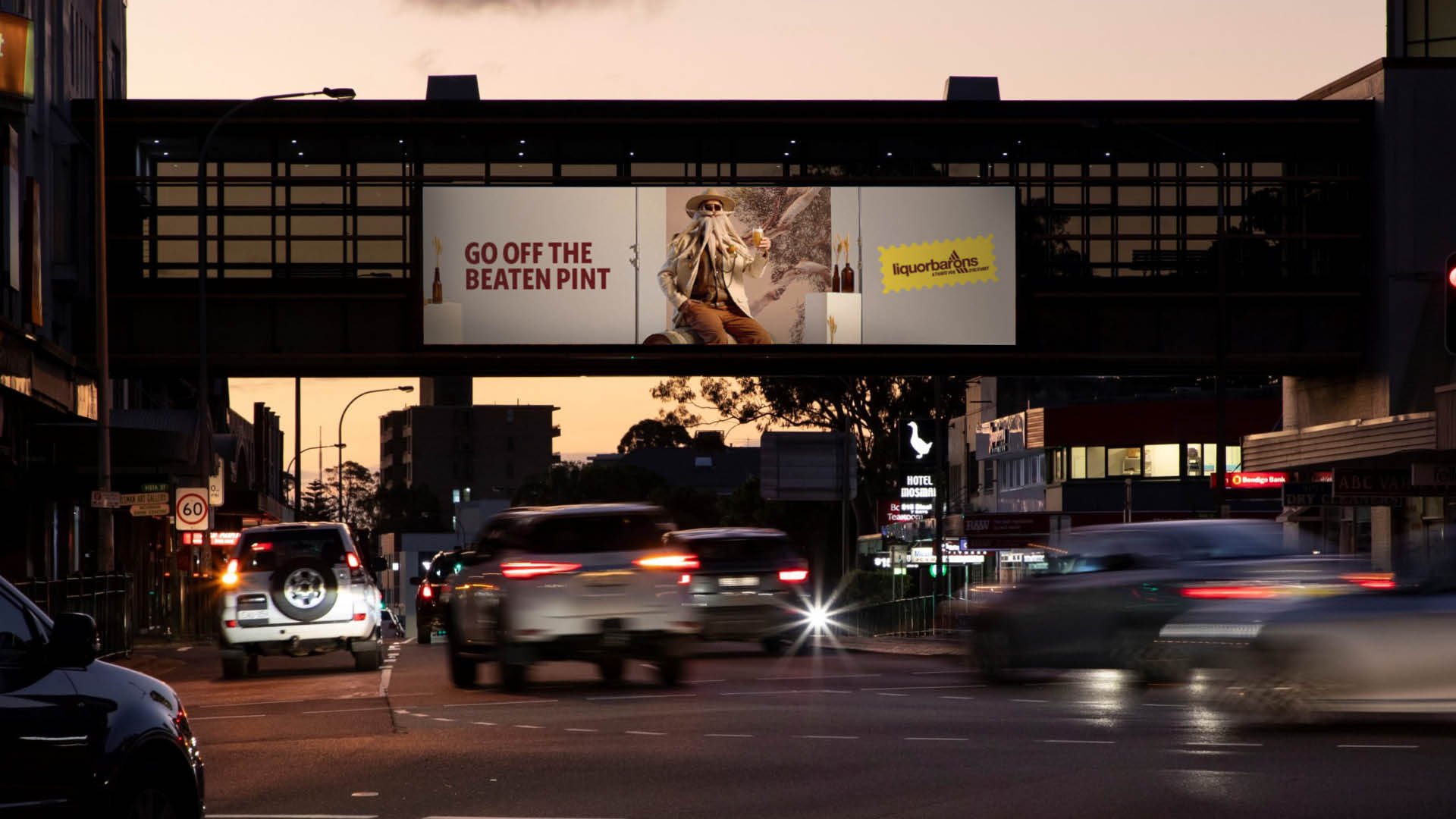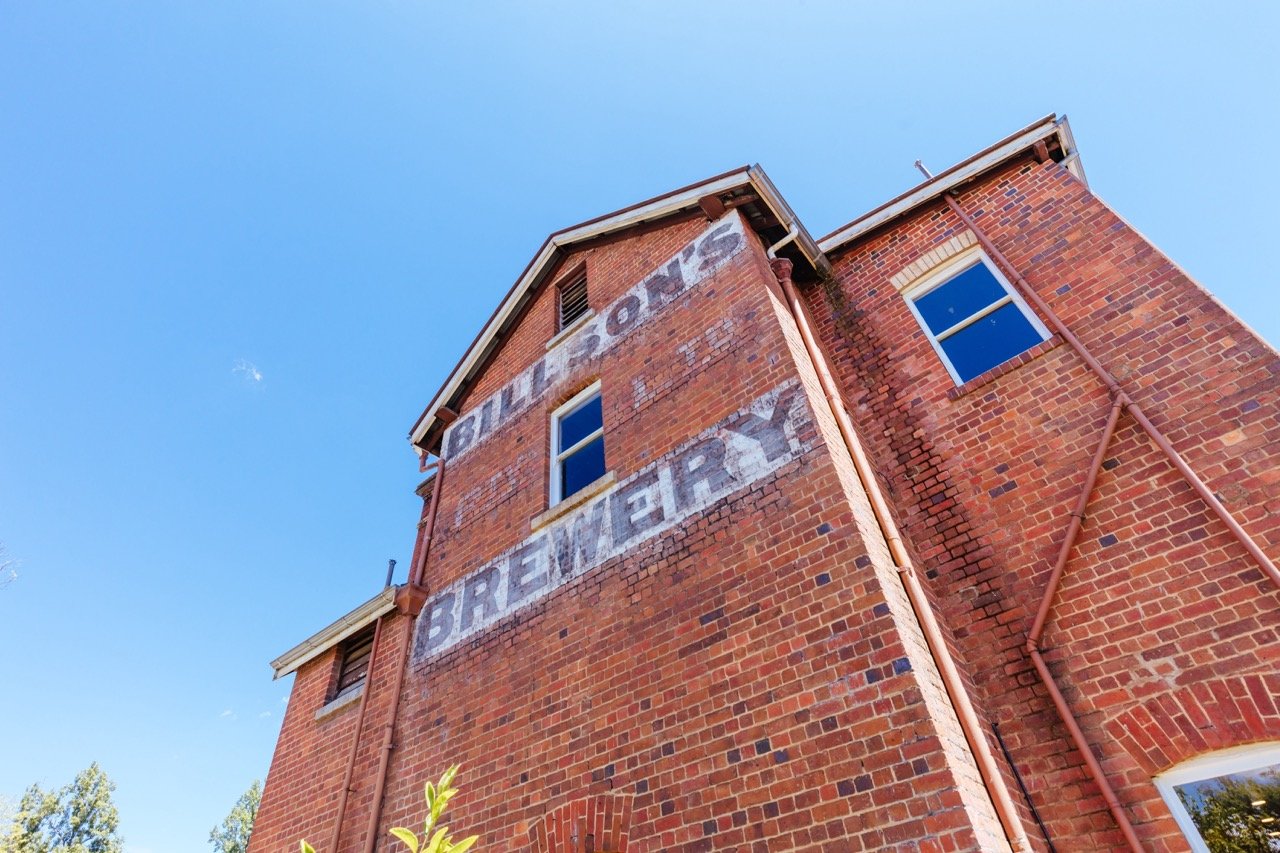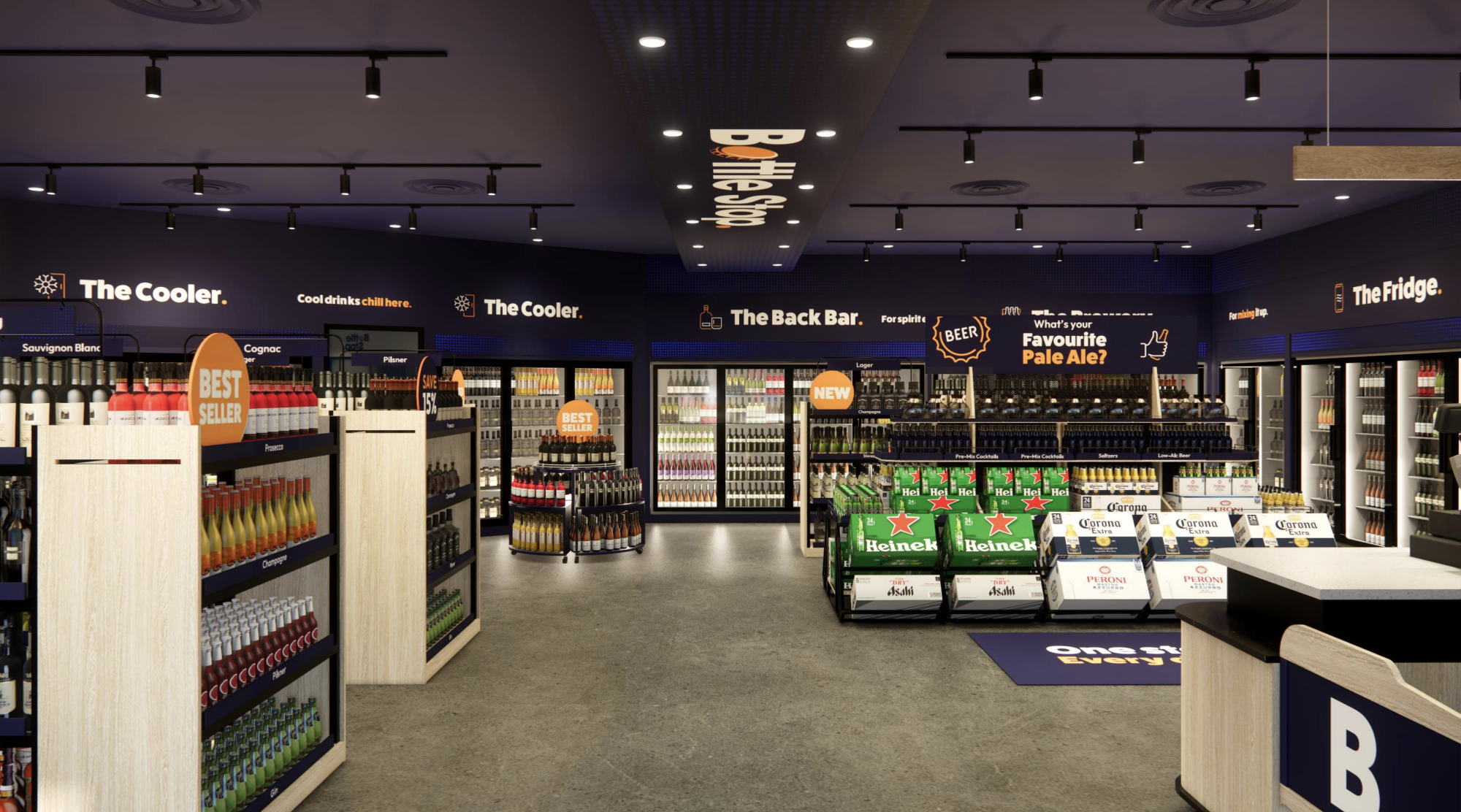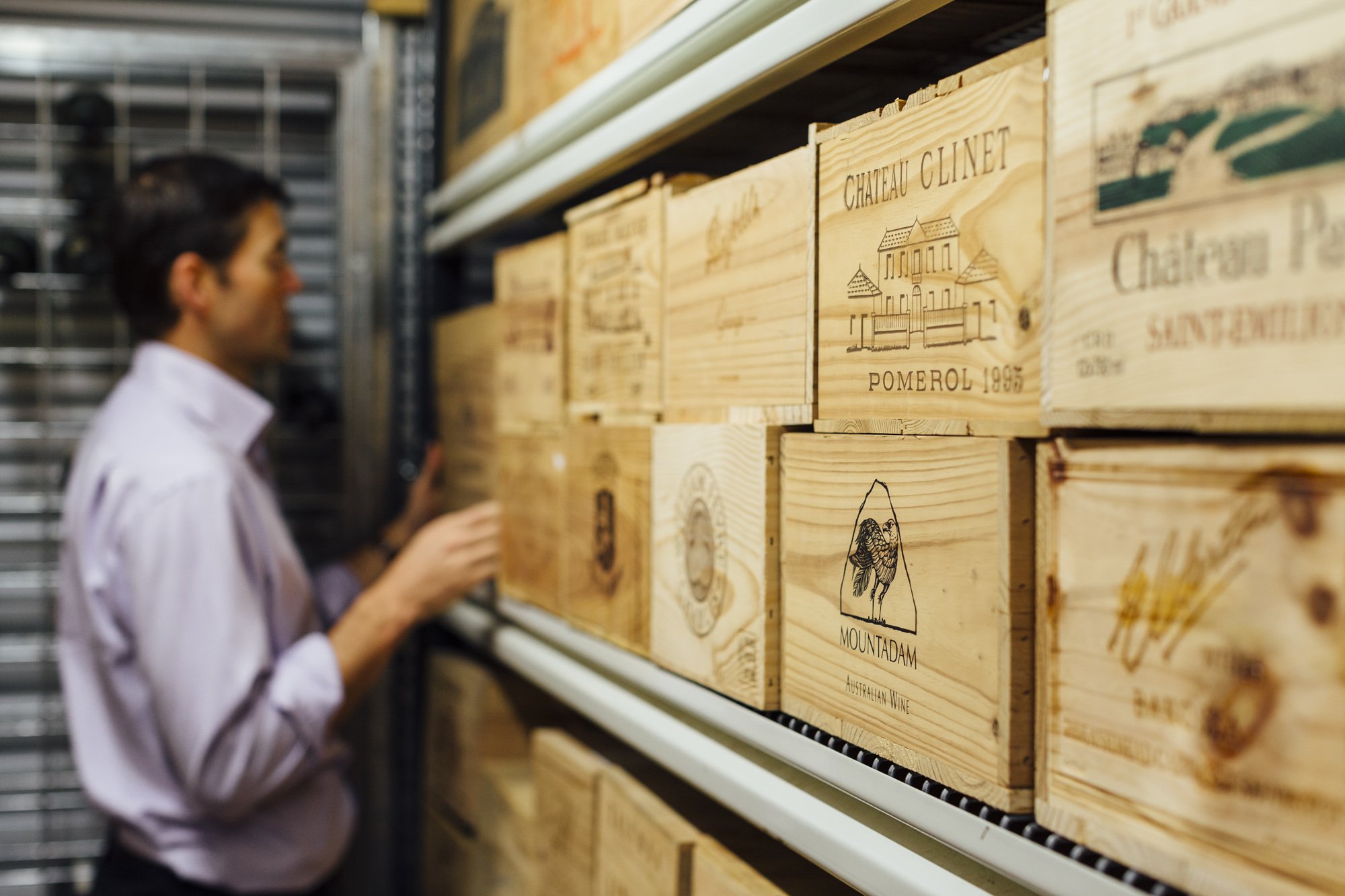January has been a rollercoaster month for retailers as consumer confidence continued its "up-down-up pattern".
ANZ-Roy Morgan Australian Consumer Confidence was up 0.7% last week, however, financial conditions were mixed, with current financial conditions gaining 2.2% and future financial conditions declining by 0.9%.
ANZ’s Head of Australian Economics, David Plank, commented: “Consumer confidence has been volatile in January, with no clear trend. We think the bounce over the past week was likely due to encouraging employment numbers on the domestic front and the end of the US government shutdown. Importantly, consumer sentiment remains well above the long-run average and provides some offset to the recent downbeat news on business conditions. Critical to continued good cheer for households will be the performance of the labour market.”
Those sentiments were echoed by Citi retail analyst Bryan Raymond, who described the February 2019 reporting season to Inside Retail as a “mixed bag”, defined by retail trading through the difficult holiday period.
“After a very patchy Christmas trading period, we expect retail results to be mixed [though] supermarkets are likely to be a stand-out given a favourable industry backdrop,” Raymond said.
“Discretionary like-for-like sales growth is facing a number of challenges, most notably softer demand trends as the wealth effect diminishes with a fall in house prices.”
Retail foot traffic falls again in January
The Australian Financial Review recently reported that foot traffic in retail stores continued to fall in January after the worst December on record.
Foot traffic fell 4% in the first week of January, year on year, and 1.8% in the second week, according to ShopperTrak data.
This followed a 12.2% year on year fall in December – 15% in the week ending December 23 and 23% in the last week of December
NAB chief economist Alan Oster said: "While some Christmas spending was brought forward to November by way of the ever more popular Black Friday and Cyber Monday sales (retail sales rose 0.4% in November), the reality is that consumers were reluctant to spend over Christmas and that underlying spending is lacklustre.
"Low wage growth, high personal debt levels and a weakening housing market – particularly in Sydney and Melbourne – have made consumers reluctant to spend on non-essentials.
"Furthermore, consumer preferences continue to trend towards experiences at the expense of traditional consumer goods."
Share the content
